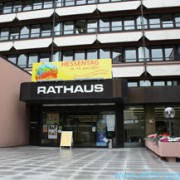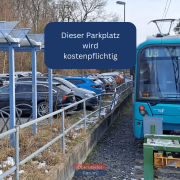Fronleichnam is the name given to Corpus Christi – a date in the Catholic Church calendar that is celebrated 60 days after Easter.
It is only a public holiday in some parts of Germany.
The day generally starts with a Church service – often held in the open air. This is then followed by a procession through the town, often stopping at decorated altars en route.
Often the parish will hold their annual fête after the procession, giving an opportunity for families to spend the afternoon together and hopefully enjoy the fine weather.
To hear a simple explanation and a short discussion in German, listen to the podcast:
(Press the “play” button to listen to the podcast)






Really good site especially as I am visiting Berlin in March.